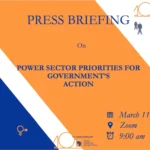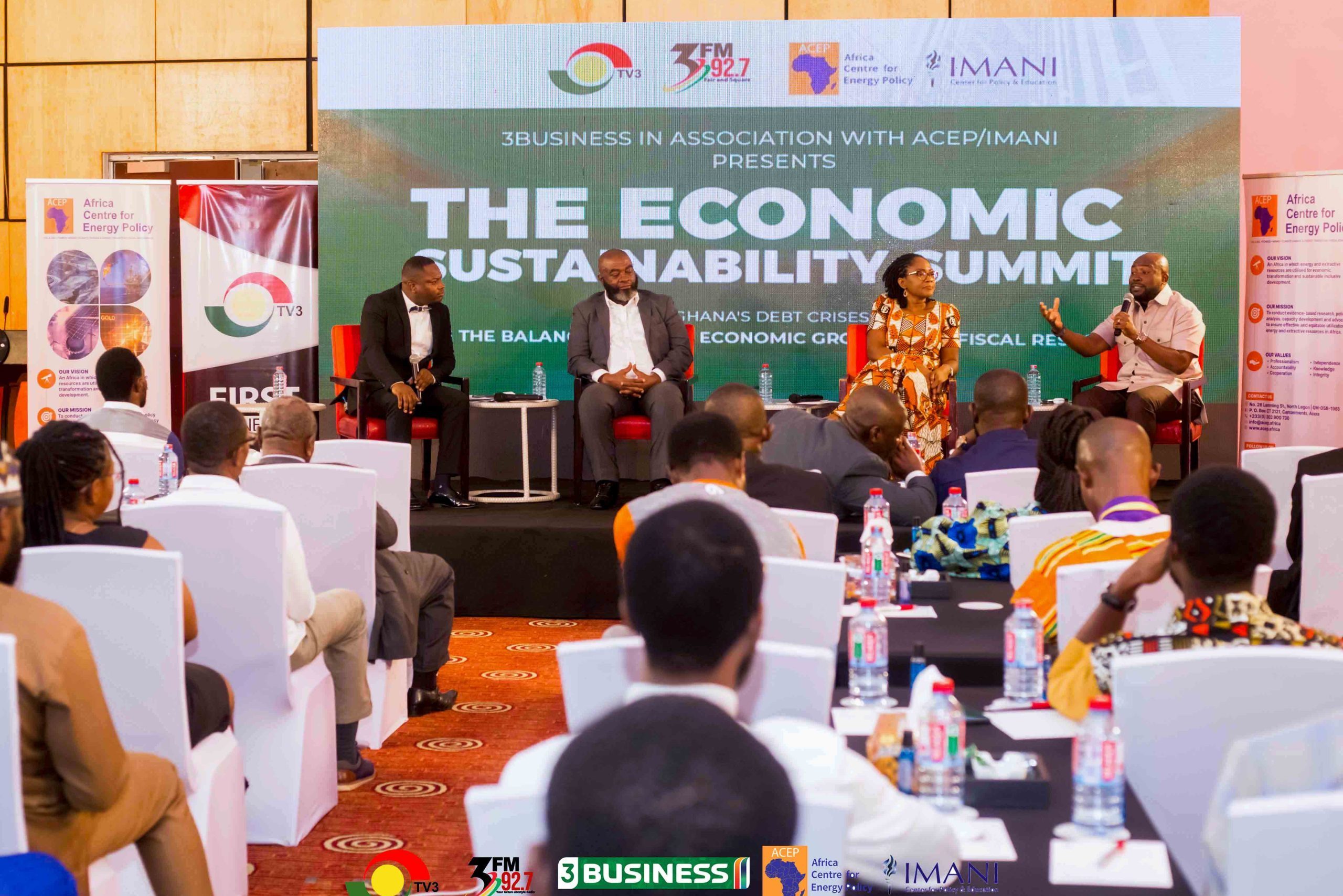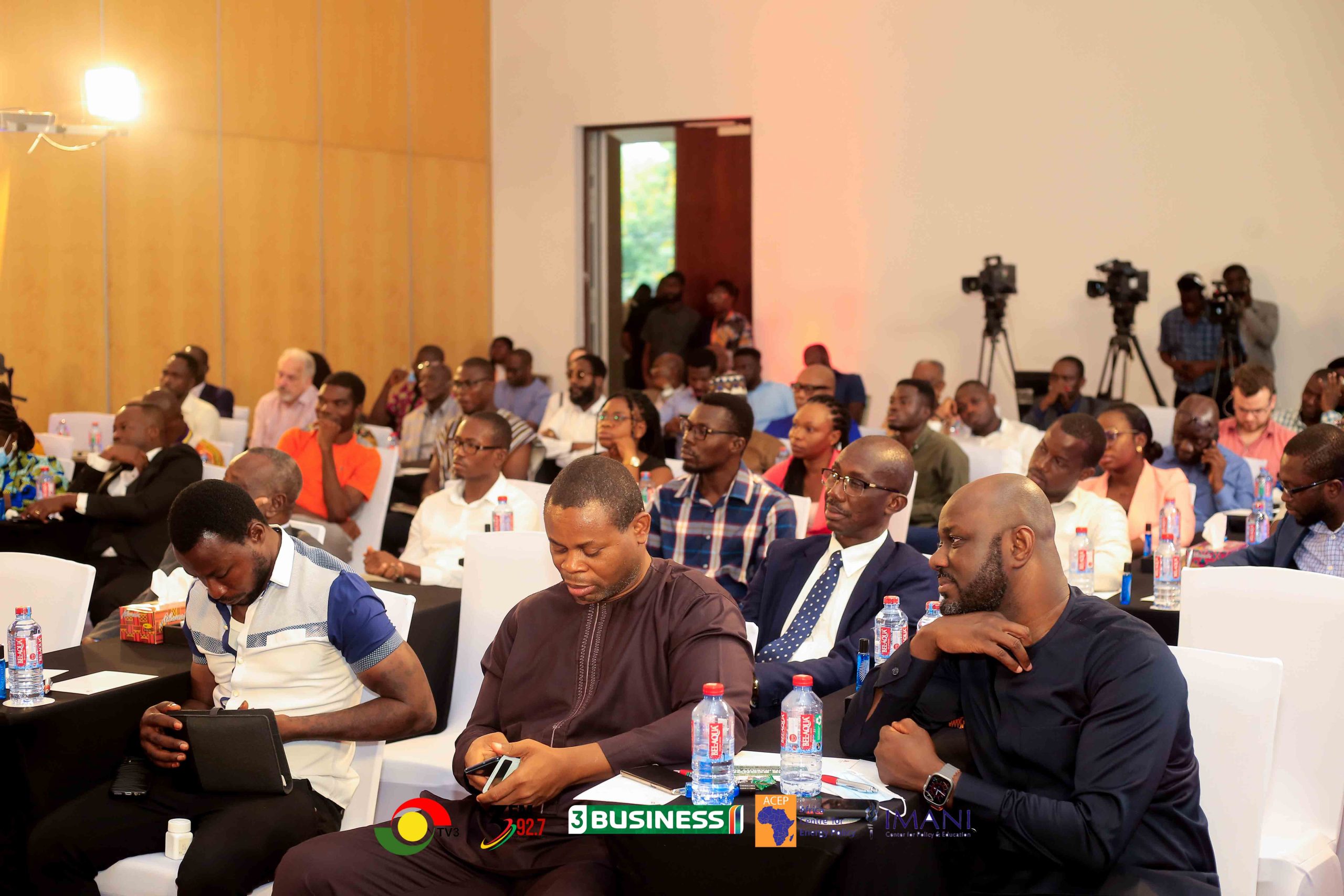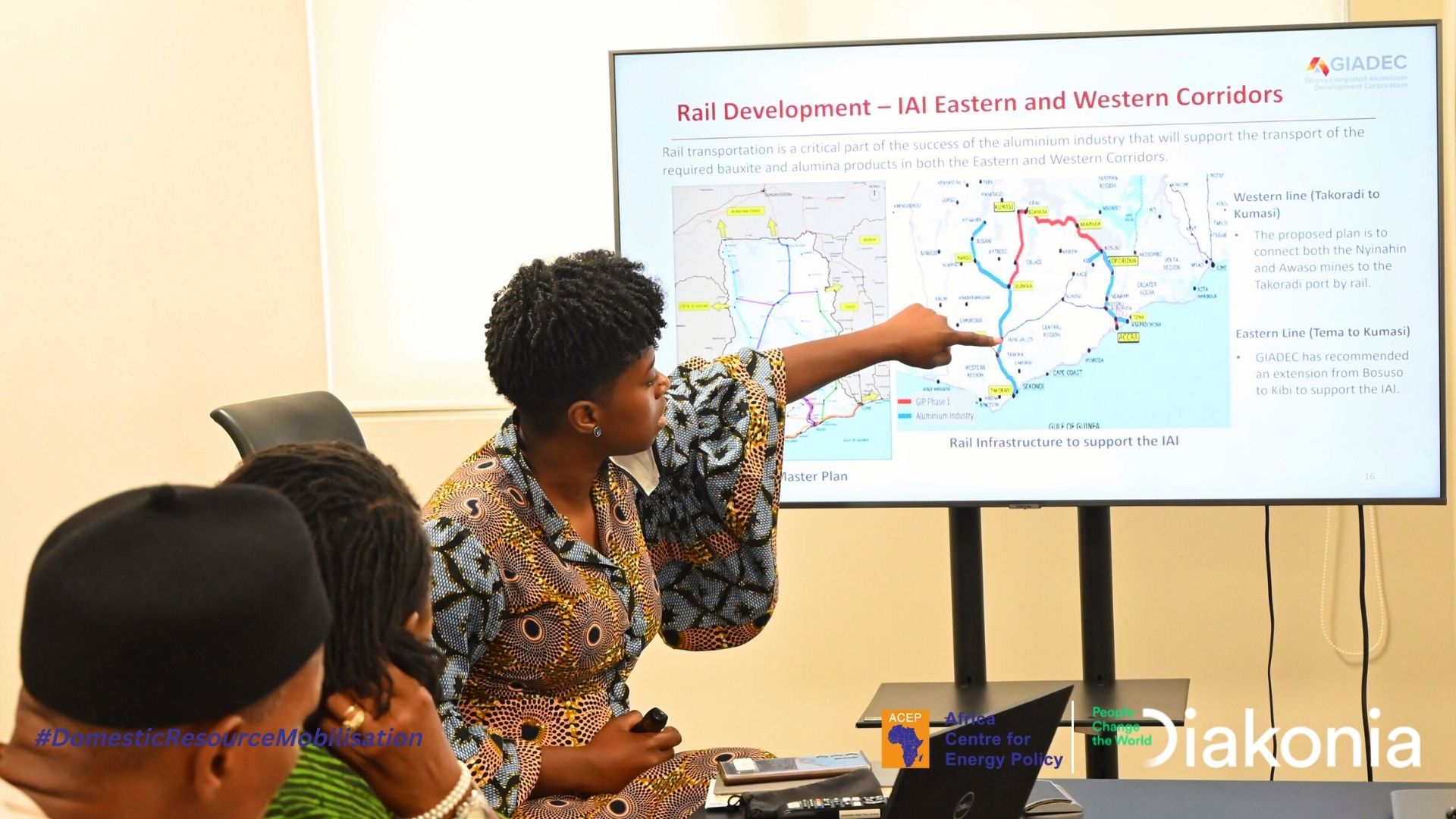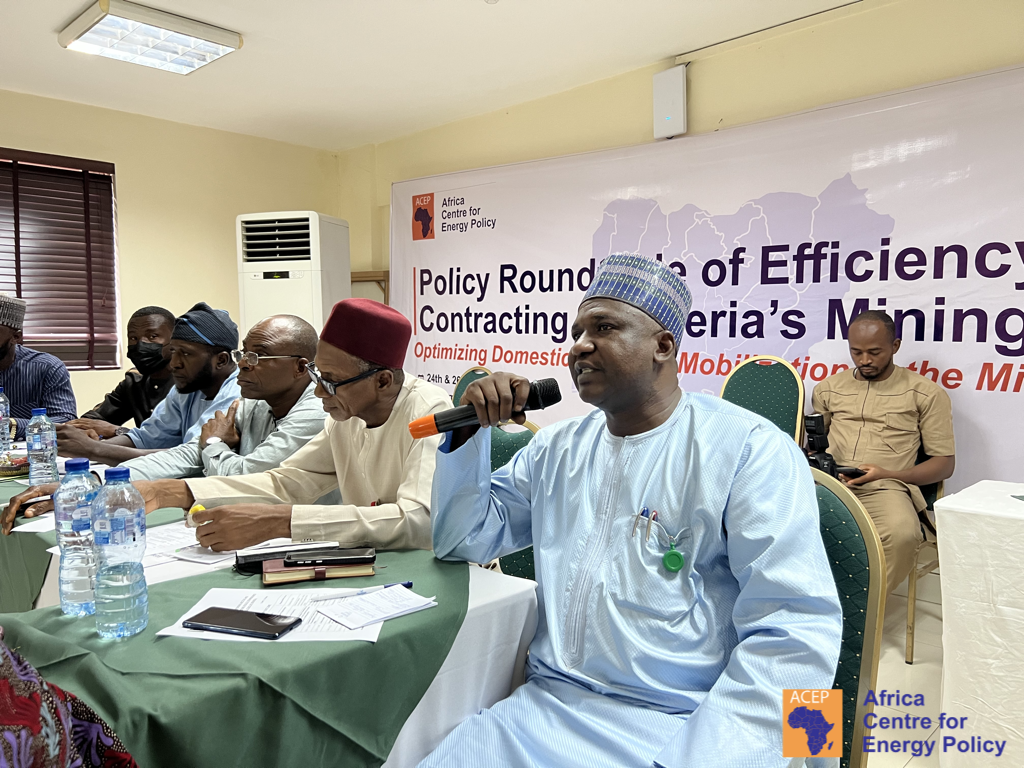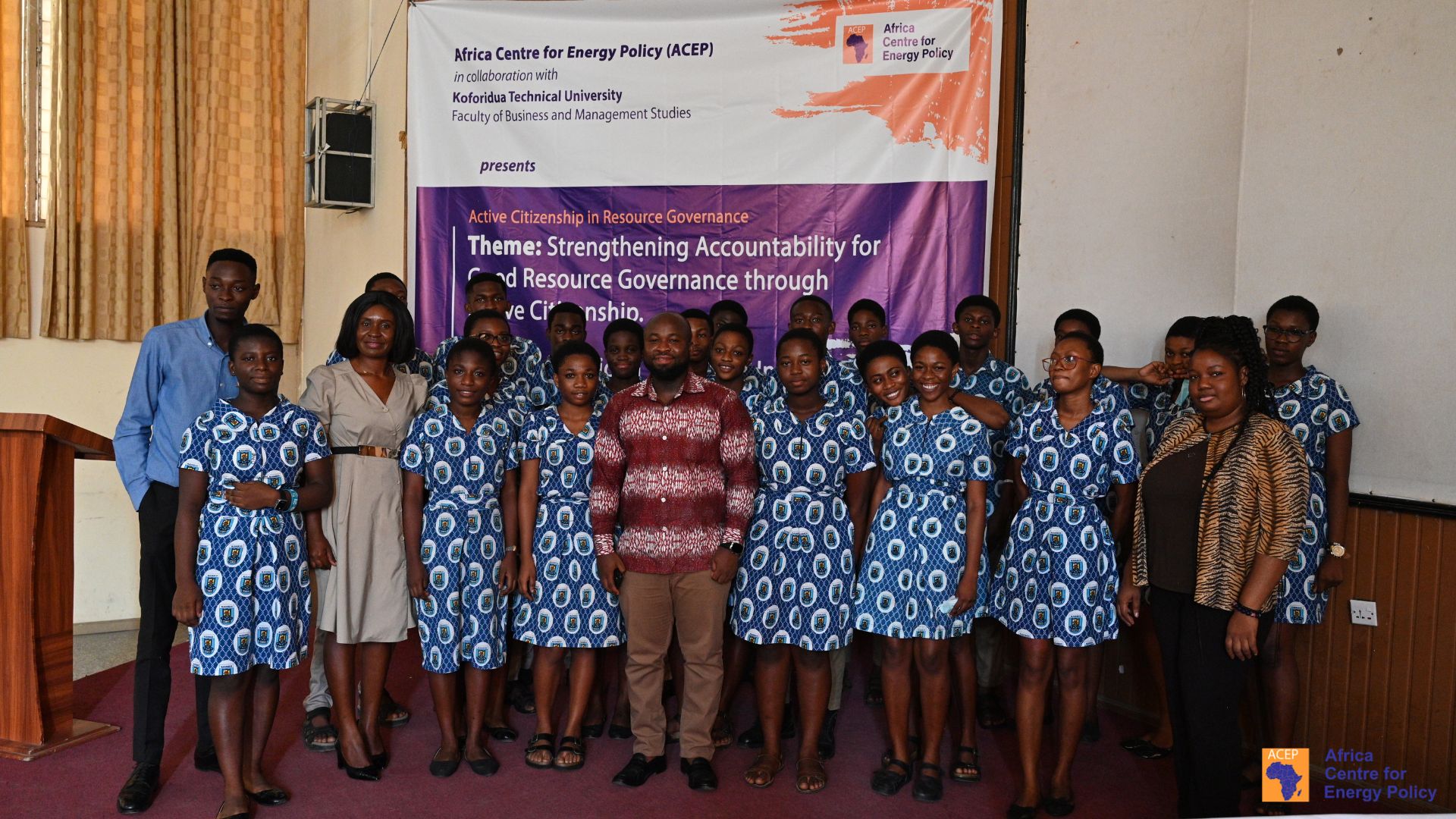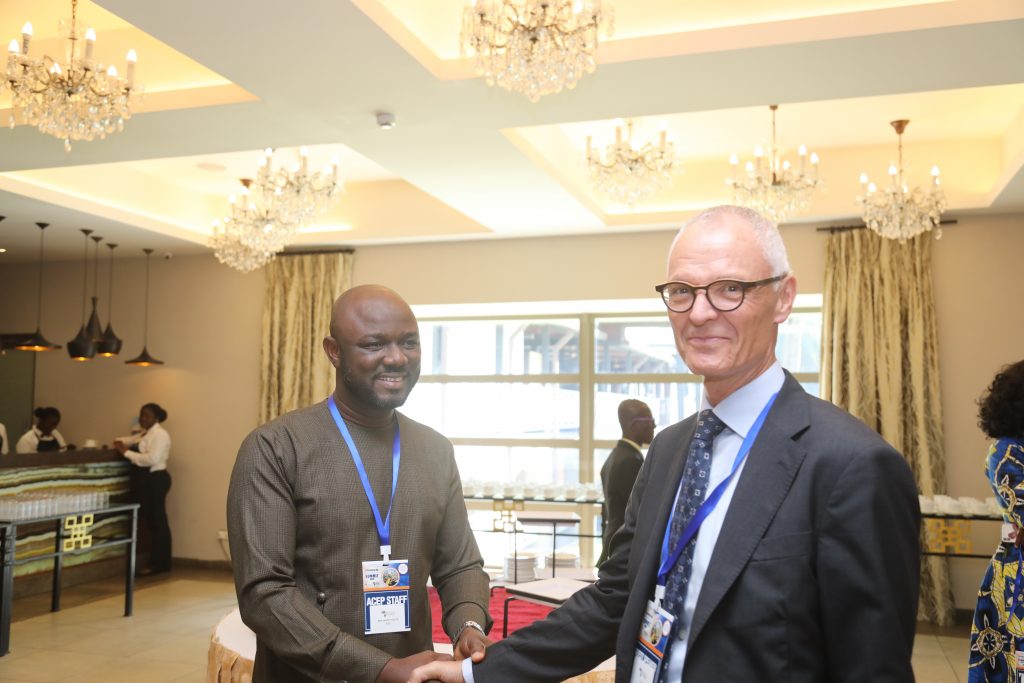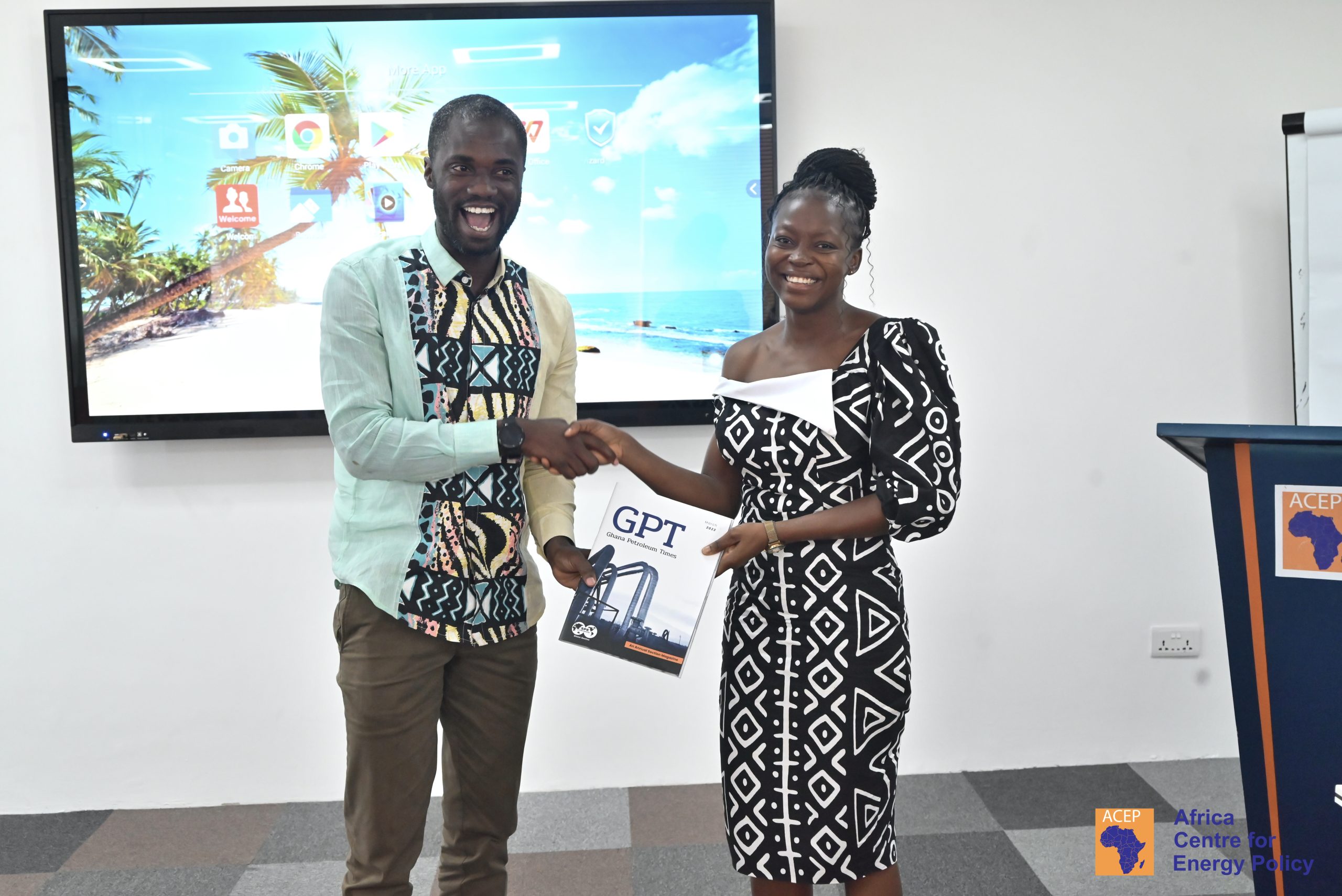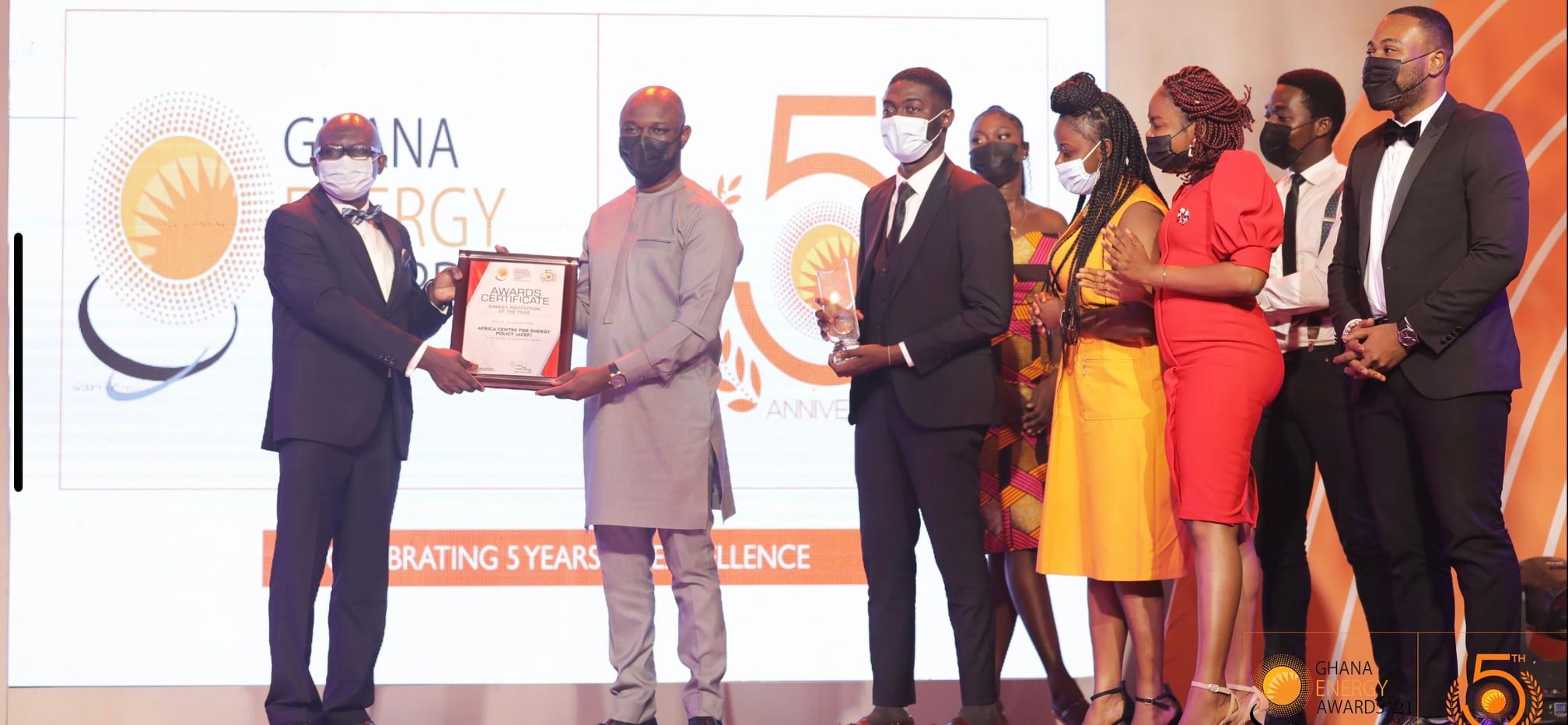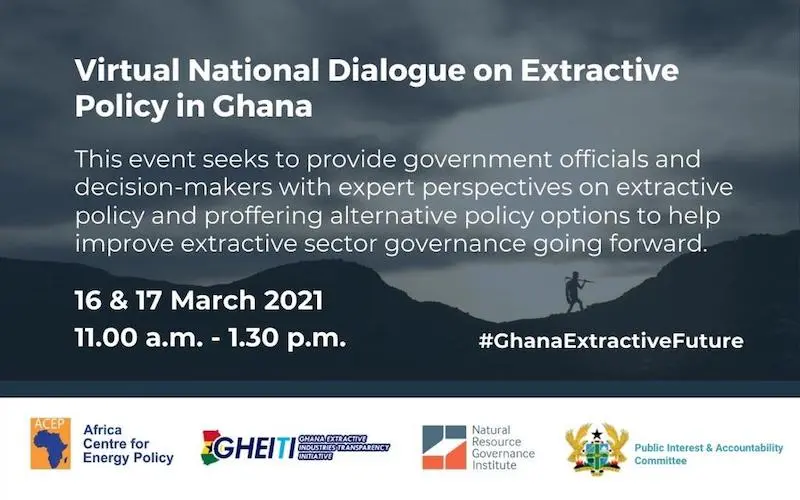
Virtual National Dialogue On Extractive Policy In Ghana
Background and Rationale
Ghana has mined her mineral resources for over a century and produced oil for about a decade now. From good policies, strategies and laws to implementation of these, the country has already chalked modest progress in extractive governance since independence. In the last decade alone, several petroleum and mining sector policies, strategies and laws have been developed and enacted. The policies include the National Energy Policy 2010 (under review since 2017), the Minerals and Mining Policy 2014 (which is also currently under consideration for review), the Gas Masterplan, the local content policy for petroleum upstream, and the mining local content regulations, among others. In respect of legislations, mention can be made of the 2011 Petroleum Revenue Management Act, the 2013 Petroleum (Local Content and Local Participation) Regulations, the 2016 Petroleum (Exploration and production) Act, the 2020 Minerals and Mining (Local Content and Local Participation) Regulations, the public financial management reforms, the 2015 Income tax Act (petroleum and mining provisions), the 2019 Companies Act (beneficial ownership disclosure regime), among others. While the policies and strategies provide written declarations of the framework of principles and policies that guides the government in the management of the extractive sectors, the laws are binding legislative reflections of these framework of principles and policies.
The above policies have been developed and the laws enacted having regard to the provisions of the Constitution of the Republic of Ghana, 1992 (as Amended in 1996). Additionally, these policies and laws have been developed in line with international, regional and sub-regional conventions/protocols. These include, at the international level, the Extractive Industries Transparency Initiative (EITI). On the continental front are the Africa Mining Vision (AMV) and the African Mineral Governance Monitoring Framework (AMGF), with goals that are consistent with the African Union’s 2063 Agenda. At the sub-regional front are the Economic Community of West African States (ECOWAS) Mineral Development Policy and the ECOWAS Directive on the harmonization of guiding principles and policies in the mining sector. Civil society has played prominent roles in the design and implementation of these national policies, laws and international, regional and sub-regional instruments.
On the back of these policies and laws, the last ten years were anticipated to be a decade of landmark improvement in resource governance in Ghana. Yet it remains debatable whether the country’s policies and laws are sufficient to avert the much dreaded paradox of resource abundance. Has the mining, oil and gas sectors been historically governed satisfactorily? Are the existing policies and laws adequate for sustainable resource governance? Has the country succeeded in converting extractive resource rents into both sustainable development and improvement in the standard of living for the majority of Ghanaians? To what extent are Ghana’s extractive policies reflective of the country’s international, regional and sub-regional commitments? To what extent has the country made adequate progress with the governance of its extractive resources?
Against the backdrop of inaugurating a new president and the 8th parliament of the 4th Republic, all eyes are set on how the Nana Addo-led government will work with a split parliament to address major extractive governance challenges in the next four years. From illegal mining (“galamsey”) through climate change and the prospects for an energy transition away from fossil fuels to unpopular deals on use of resource rent (like the “Agyapa deal”), Ghana faces evolving threats to extractive governance. Others include transparency and accountability deficits, ineffective implementation of policies and laws, the coronavirus and post-election uncertainties.
In this two-day virtual national dialogue, successive speakers and panels of policy experts will provide their outlook for the extractive industries in 2021 and beyond. The discussion will center on how extractive policy communities1 can drive thought leadership to better redefine the direction of Ghana’s extractive policy, from design to implementation, for the greater good of the people of Ghana. They will analyze the directions of Ghana’s mining, oil and gas policies after ten years of oil production and over a century of mining. The aim is to shape the agenda by highlighting what have been the successes, where are the gaps and what are the key challenges that Ghana’s extractive sector will face going forward. Will 2021 signal a new shift in extractive policies for Ghana? What guiding principles should orient the country’s role in extractive governance among the comity of resource-rich countries? What mining, oil and gas policies should be at the top of the agenda for President Nana Addo and for Parliament, and what kinds of decisions do they need to make to enhance extractive governance in Ghana? These are the key issues we will be interrogating over the next two days.
The first day will be dedicated to the oil and gas sector, while the second will be dedicated to the mining sector. For each day, the presenters and panelists will explore the broad thematic and topical issues across the mining and petroleum sectors. These would include the evolution of contract licensing, transparency and disclosure, implementation gaps, revenue management, national oil company governance and sustainability in light of the energy transition. We will also explore risks associated with resource-backed loans (RBLs) in the context of mining policy and investment policy. The dialogue will highlight successes, challenges and make recommendations to the government to improve the sector governance and ensure optimal benefit for the people of Ghana.
Objectives:
This his national policy dialogue is convened with the overriding objective of empowering government and policy makers with expert perspectives on extractive policy and proffering alternative policy options to help improve extractive sector governance going forward.
Specific Objectives include:
- Enhance understanding on the challenges that confront the mining, oil and gas sectors in Ghana and making recommendations where necessary for improving the government’s extractive sector policies for the benefit of the people of Ghana;
- Contribute to avert the so-called “resource curse”, by aiming among other things to hold the government accountable by insisting that:
- There is transparency in government decision-making processes for the sector including in the development and implementation of plans, policies and strategies for managing the sector;
- the government is transparent and accountable with revenues earned from extractive resources and how such revenues are managed;
- Institutional structures do not impede progress, are designed and managed transparently to effectively address the sector’s challenges.
Expected Outcomes
The national dialogue is expected to produce four outcomes:
- Government is awakened to the prevailing challenges in the extractive sector;
- Government and civil society have a shared understanding of the challenges confronting the extractive sector;
- Credible policy alternatives are proposed and documented for addressing the prevailing challenges identified. his national policy dialogue is convened with the overriding objective of empowering government and policy makers with expert perspectives on extractive policy and proffering alternative policy options to help improve extractive sector governance going forward. Specific objectives include: and
- CSOs and the media are sufficiently empowered to help shape extractive policy and hold government accountable for their stewardship in respect of their extractive policy commitments and proposed reforms.
Next Steps
Through this national dialogue, NRGI together with our partners, ACEP, GHEITI and PIAC aim at influencing government decisions and actions relative to the options and ideas generated. Accordingly, NRGI and our partners will synthesize the outputs of this dialogue into a communiqué and present to government for consideration.
Target Participants
- Minister/Representatives of the Ministry of Energy;
- Minister/Representatives of the Ministry of Lands and Natural Resources;
- Minister/Representatives of the Ministry of Finance;
- Members of Parliament
- Minerals Commission;
- Petroleum Commission;
- A representative from the Office of the President;
- Public Interest and Accountability Committee (PIAC);
- Ghana Extractive Industries Transparency Initiative (GhEITI);
- Ghana Chamber of Mines;
- Petroleum Upstream Chamber;
- Representatives from academia, policy think tanks, CSOs, development practitioners, students and the media; and
- Development Partners / Donor Agencies.
Join us in this two-day policy dialogue as we empowering government and policy makers with expert perspectives on extractive policy alternative policy options to help improve extractive sector governance.

